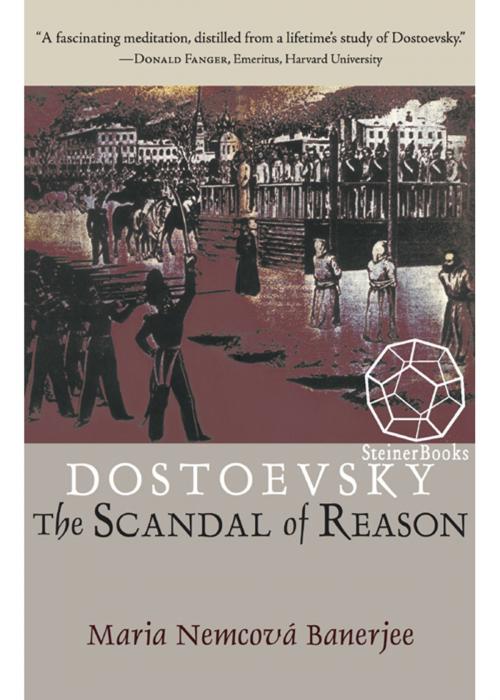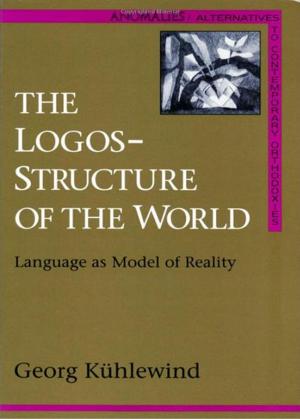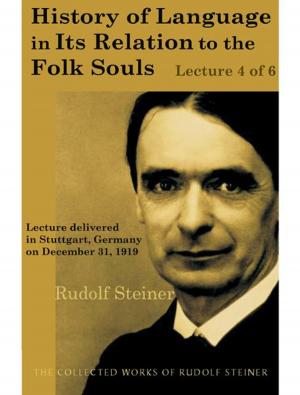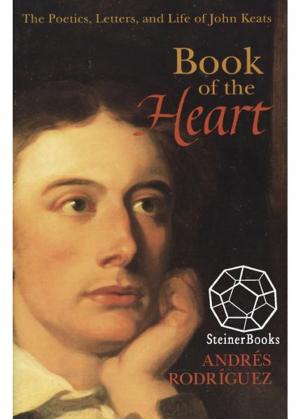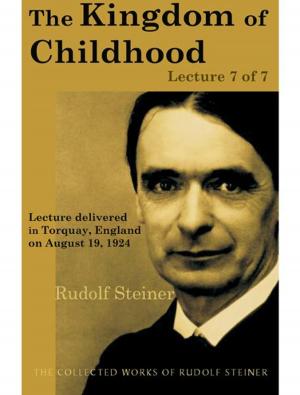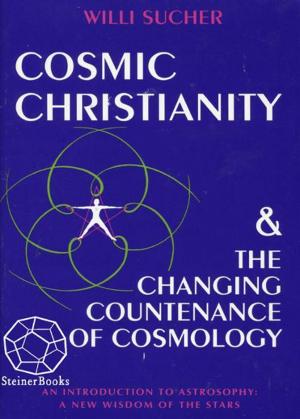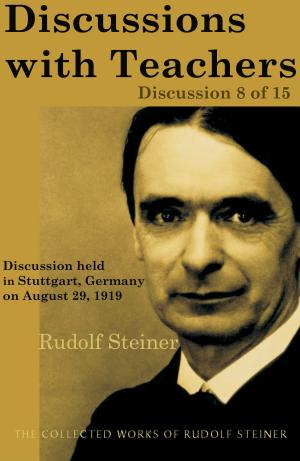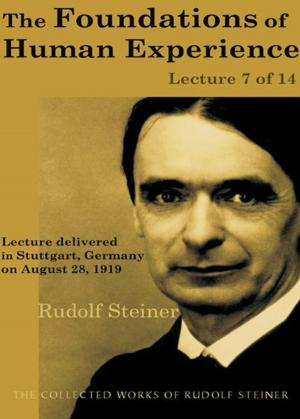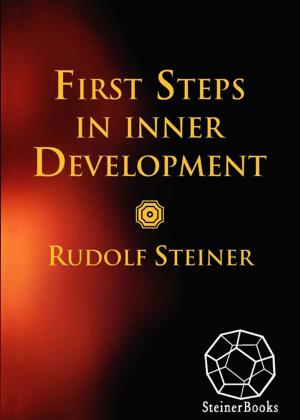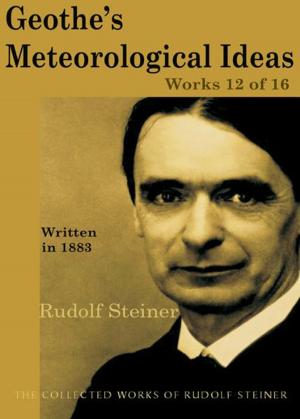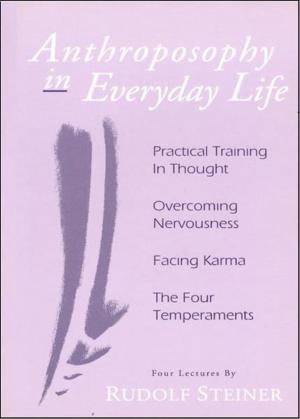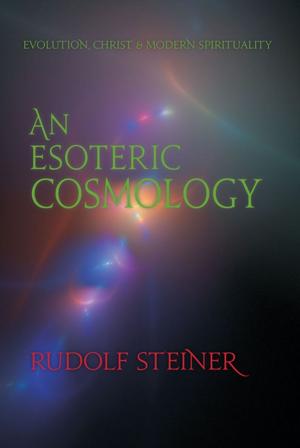| Author: | Maria Nemcová Banerjee | ISBN: | 9781584205371 |
| Publisher: | SteinerBooks | Publication: | November 1, 2006 |
| Imprint: | Lindisfarne Books | Language: | English |
| Author: | Maria Nemcová Banerjee |
| ISBN: | 9781584205371 |
| Publisher: | SteinerBooks |
| Publication: | November 1, 2006 |
| Imprint: | Lindisfarne Books |
| Language: | English |
Maria Nemcová Banerjee situates her work in a tradition of Dostoevsky interpretation that features such names as Berdyaev, Ivanov, and Soloviev. It is therefore no surprise that her study Dostoevsky: The Scandal of Reason gives voice to a passionate and committed reading, filtered through a close attention to both text and context. Taking as her starting point Dostoevskys famed dictum that, were Christ in reality to be outside truth, he would choose Christ over truth, she shows how, for Dostoevsky himself, it is actually our modern, rationalistic conceptions of truth that come out worst. If Ivan Karamzovs rebellion has provided modern atheism with one of its most powerful weapons, a close reading of The Brothers Karamazov demonstrates not only that Ivans logic is flawed, but that he himself knows that it is. Clear, committed, and with the resources of extensive scholarship behind it, this is a book that gives further thrust to the current revival of interest in Dostoevskys contribution to modern religious thought. As such it will be welcomed by students and teachers and, indeed, by those who read Dostoevsky simply because he is a great writer from whom we all have much to learn. George Pattison, Lady Margaret Professor of Divinity, Oxford University
Maria Nemcová Banerjee situates her work in a tradition of Dostoevsky interpretation that features such names as Berdyaev, Ivanov, and Soloviev. It is therefore no surprise that her study Dostoevsky: The Scandal of Reason gives voice to a passionate and committed reading, filtered through a close attention to both text and context. Taking as her starting point Dostoevskys famed dictum that, were Christ in reality to be outside truth, he would choose Christ over truth, she shows how, for Dostoevsky himself, it is actually our modern, rationalistic conceptions of truth that come out worst. If Ivan Karamzovs rebellion has provided modern atheism with one of its most powerful weapons, a close reading of The Brothers Karamazov demonstrates not only that Ivans logic is flawed, but that he himself knows that it is. Clear, committed, and with the resources of extensive scholarship behind it, this is a book that gives further thrust to the current revival of interest in Dostoevskys contribution to modern religious thought. As such it will be welcomed by students and teachers and, indeed, by those who read Dostoevsky simply because he is a great writer from whom we all have much to learn. George Pattison, Lady Margaret Professor of Divinity, Oxford University
